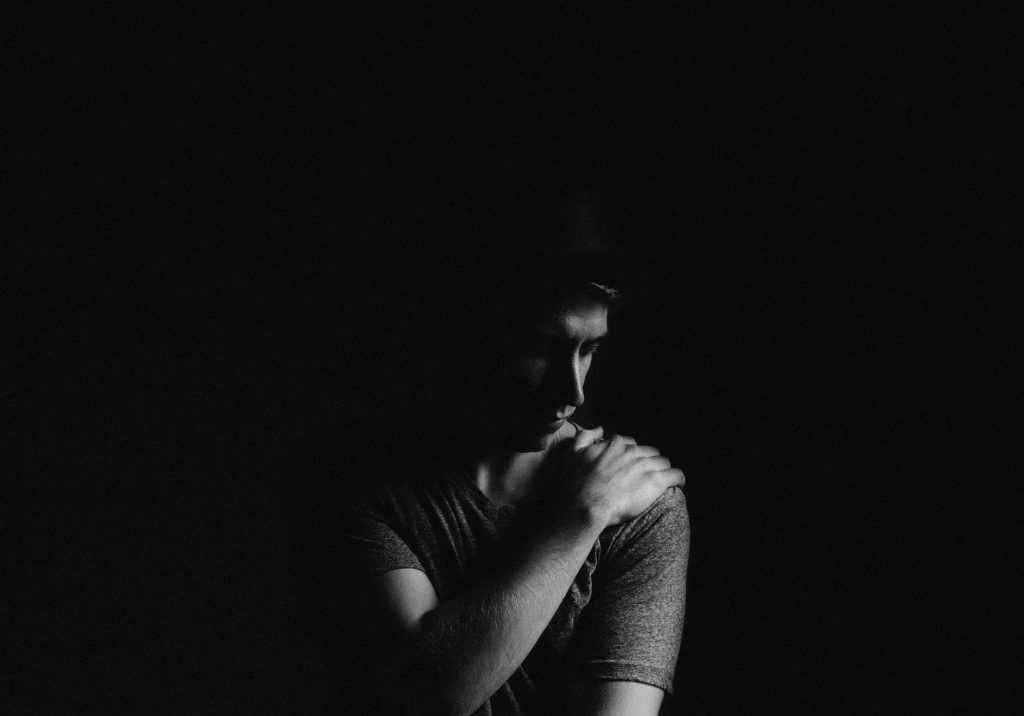Depression affects people from all walks of life and is one of the most common mental health problems in the United States. Depression among LGBTQ+ individuals is higher than among cisgender straight individuals. This article will look at how much pressure and depression closeted people experience compared with those who are out and proud.
I have watched many friends struggle with their sexuality and eventually out themselves. Most of them are now happier and more confident without the burden of pretending to be something they’re not. Being closeted does not make your situation better. This is hard to swallow for some people. But look how much the LGBTQ+ community achieved once we came out to society! That is true; it did make a difference. At least in politics and business, or any field valued by the society in which we live.
Being closeted is hard because you’re hiding who you are from the world, as well as from yourself. It’s like wearing a mask every time you step outside. The burden of keeping your mask on until you make it back, every step adds to the weight you’re carrying—the anxiety of being revealed; the fear of people’s judgment, not living the life you intended; having constant minority stress after dealing with persistent prejudice and when it is too much to handle, the anxiety and depression that kick in; the feeling of being the main character of a well-cut and edited video, constantly splicing the part where you are who you want to be.
It’s hard because you know that someday when your friends find out they might not be as accepting as you hope they will be. It’s hard because it’s a constant battle to keep yourself in check—to not let your emotions get the best of you when someone makes a homophobic joke or comment, especially if your circle is homophobic and only sees the LGBTQ+ community as a menace. This only increases your fear of getting caught and makes you withdraw from friends and even close relatives, contributing to severe chronic depression.
It is hard because you might tend to use alcohol or illegal substances to wash away the fear and hopelessness. You may engage in self-destructive, high-risk activities, causing harm to yourself and the people who care about you without you knowing, and this could lead to suicidal thoughts. It is hard because you may feel that nobody understands what it is to be gay and deal with the struggles of depression and anxiety.
Having a partner and constantly thinking you are not good enough for them or that they may leave you because they think something is wrong with you also makes it hard for you.
It is not easy being closeted or depressed, but we must remember that there are people who understand what we are going through and want to help us find the best way to deal with our situation. Being closeted is a challenging experience. You can’t share your true self with the world around you, which leads to feelings of isolation and depression. Studies have shown that people in the closet are more likely to be depressed and anxious than their openly gay peers.
It’s important to remember that coming out isn’t something you should do to solve all of your problems. The process can be scary and painful, but it also has some benefits. For example, coming out can help you feel more connected with other LGBTQ+ people.
Here’s the thing: You’re not alone! There are tons of people who understand what it means to be gay, bisexual, or transgender. Lots of people have gone through similar experiences, and many will love and support you no matter what! And those people are all around us—all over our communities and online, too.
To the allies of the LGBTQ+ community, being an ally is more than just a title. The community will always be thankful for you. May you always speak up against violence in any form and help spread awareness through sharing or even creating informative videos on any social media platform. With your continued support, it would be more comfortable to come out. Together, may we battle prejudice and malice to make the world a better place for all of us (they/them/theirs, she/her/hers, he/him/his, and zie/zir/zirs) and to live with equality and respect.
About the Author: Klin is a member of the LGBTQ+ community. He loves outdoor activities and is constantly making memories with his partner. His dreams include living in the Faroe Islands for good.
rtor.org and Our Sponsor Laurel House, Inc. Celebrate Pride in June
On June 28, 1969, New York City police raided the Stonewall Inn, a gay nightclub in Greenwich Village, sparking a riot and six days of protests. This incident, known as the Stonewall Uprising, marks a turning point in the gay rights movement, now celebrated as Pride Month in June.
This Pride Month, www.rtor.org and Laurel House affirm their commitment to supporting members of the LGBTQ+ community in their quest for equity and justice, especially in their fight for accessible, safe health and mental health care.
www.rtor.org and Laurel House are committed to the advancement of racial equity and social justice, and to making mental health services available to all.
Photo by Mitchell Hollander on Unsplash
The opinions and views expressed in any guest blog post do not necessarily reflect those of www.rtor.org or its sponsor, Laurel House, Inc. The author and www.rtor.org have no affiliations with any products or services mentioned in the article or linked to therein. Guest Authors may have affiliations to products mentioned or linked to in their author bios.
Recommended for You
- Veterans and Addiction Recovery: How Families Can Support Their Service Member’s Healing Journey - July 14, 2025
- Trauma-Aware Yoga: A Gentle Path to Healing and Recovery - July 10, 2025
- Why Eating Disorders in Men Are Often Missed - July 3, 2025





